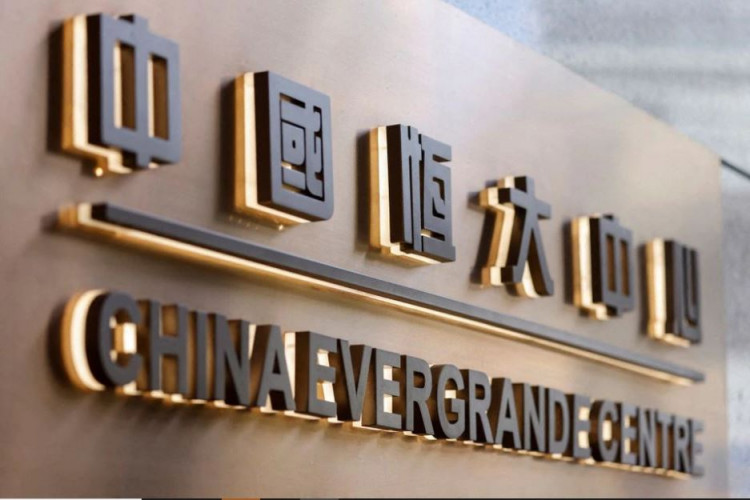Sichuan Languang Development, a Chengdu-based developer of homes and offices, has reduced its employment by approximately 90% since the beginning of 2021 and declared an accrued loss of 11.7 billion yuan ($1.7 billion) as of the third quarter of the previous year, according to Bloomberg.
Chinese regulators have been attempting to lower the risk of a real estate bubble since the middle of 2020 by enacting measures including bank lending limits and restrictions on developer borrowing when they don't fulfill rigorous financial criteria.
These changes have been extremely harsh for many small and mid-sized businesses.
Languang has been selling assets in order to stay afloat, and Yang Wuzheng, the company's 27-year-old chairman, has approached dozens of larger real estate companies and other potential investors in quest of a rescue - so far, without luck.
"China's property market is quite fragmented, so the smaller players are also crucial to the health of upstream and downstream sectors and economic growth," Zerlina Zeng, senior credit analyst at Creditsights Singapore, told Bloomberg.
"Some regional players were key participants at local land sales, and thus are important to local governments' fiscal conditions."
Home sales decreased as lines of credit became more challenging to get, and many developers, including China Evergrande Group, a major player in the sector, were forced to either miss payments or halt building on some projects.
Since its default, shares of Languang have decreased by more than half.
The crisis has spread widely beyond the industry as well: a Bloomberg measure tracking Chinese developer equities has had a two-year decline of more than 40%, while an index of high-yield dollar bonds dominated by builders had its second-worst year ever in 2022.
The Chinese government is ramping up attempts to soothe the volatility in the real estate market now that the systemic risk posed by companies like Evergrande has been reduced.
It unveiled a 16-point plan in November to address the sector's liquidity concerns, and it signaled this month that more assistance would be forthcoming.
Traders re-entered the sector, causing the stock index to rise more than 50% in the last two months.
Following a wave of demonstrations last year, the government's priority are to ensure that unfinished homes are completed, as well as to assist high-quality developers.
However, more troubled enterprises will need to rally even as China's economic development slows and consumer morale remains poor in the aftermath of zero-COVID.
Evergrande, the crisis's most visible casualty, has pledged to repay creditors in 2023 after repeatedly delaying its much-anticipated restructuring plan.






